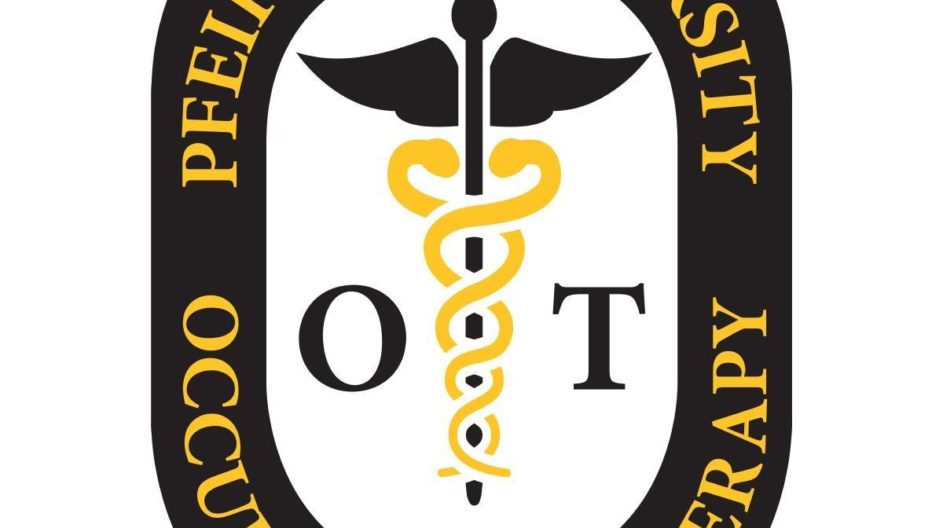
Master of Occupational Therapy Program Receives New Accreditation Status
The new Master of Science in Occupational Therapy (MSOT) program at Pfeiffer University will hold its first classes in August at the university’s Center for Health Sciences in downtown Albemarle, having been granted “candidacy status” by the Accreditation Council for Occupational Therapy Education (ACOTE).
Candidacy status brings MSOT one step closer to accreditation by ACOTE, an arm of the American Occupational Therapy Association, and it allows the program to accept 30 students for its first class. Pfeiffer will apply to ACOTE for increasing MSOT’s enrollment for a single class to 45 students by 2023.
“Candidacy approval of our new program means ‘starting the next chapter’ for educating future occupational therapists that align strongly with Pfeiffer’s mission, which emphasizes servant leadership in the community, rural health, and emerging practice areas,” said Dr. Elizabeth Fain, the founding director of MSOT. “The outstanding individuals who graduate from our unique and challenging program will develop critical thinking and evidence-based practice skills that focus on addressing the health needs of our communities and beyond.”
Pfeiffer’s first OT students will undergo orientation in late July and are scheduled to graduate in December 2022. If ACOTE accreditation is granted, they may sit in January 2023 for a national certification examination administered by the National Board for Certification in Occupational Therapy. Passage of the exam confers the title of Occupational Therapist, Registered (OTR).
Occupational therapy is a growth area. According to the U.S. Bureau of Labor Statistics, the number of occupational therapists working in America is projected to increase by 18 percent between 2018 and 2028. That’s much faster than the average for all occupations, the bureau says. There were 133,000 occupational therapists in 2018, and in 2019, their median annual pay was $84,950.
The first students of MSOT will enter the higher education landscape at a time when there is a particularly high demand for occupational therapists who are equipped to thrive in rural areas.
Fain said that three conceptual threads would run through her program’s curriculum, each designed with a rural OT in mind. These are:
- Interdisciplinary learning & communication;
- Leadership & service; and
- Creativity & innovation.
Fain stated, “These three curriculum threads will be present throughout the OT program with an emphasis on developing critical thinking skills to function in a variety of complex environments including rural health care.”
For example, the curriculum thread “interdisciplinary learning & communication” entails being able to explain to a physician why a client may need occupational therapy service to assist with the rehabilitation of orthopedic injuries. “Leadership & service” involves students in various service projects and/or in coming up with strategies to address such issues as autism, food hunger, and drug abuse. As for “creativity and innovation,” there are lots of possibilities, such as teaching OT students to use a 3D printer to make adaptive equipment for those who are economically disadvantaged.
Another highlight of the MSOT program is fieldwork, which links academic content to real-life experiences at various entities in Stanly County and beyond. This facilitates opportunities to gain practical experience under the supervision of licensed OTs.
Ken Keuffel, who authored this article, has served as Pfeiffer’s Assistant Director of Communications since December 2019. He welcomes story ideas from Pfeiffer’s faculty, staff, students, alumni, and friends. The form for submitting story ideas is Story Idea/News Item Request Form.